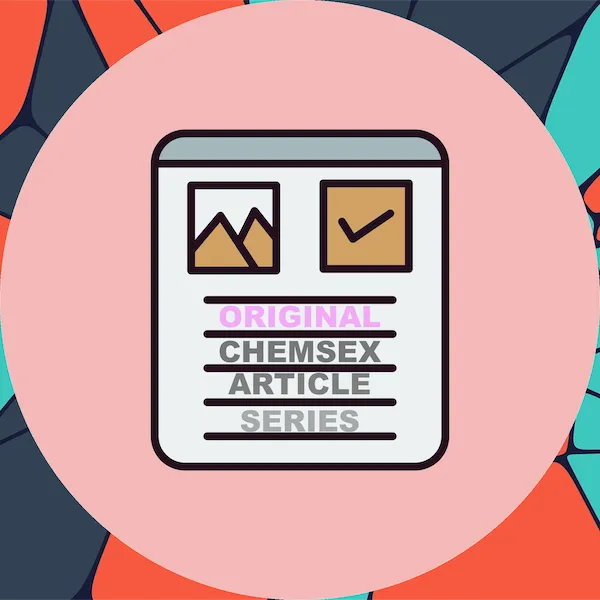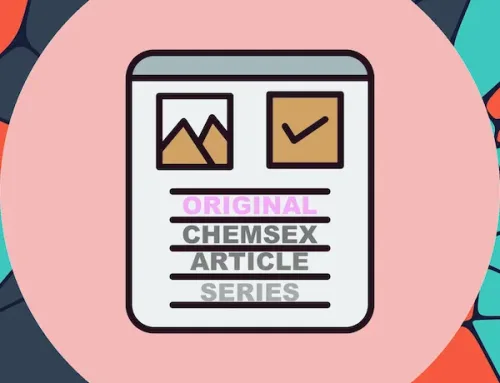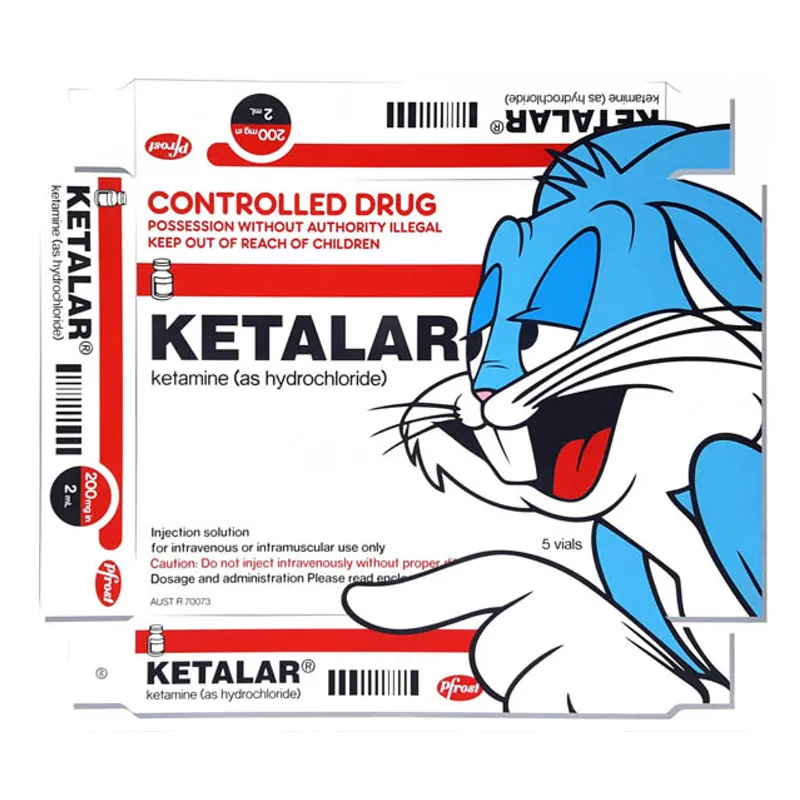Chemsex and sex education
Chemsex is a term used to describe the practice of taking drugs to enhance sexual experiences. It is commonly used among the gay and bisexual communities and involves the use of a variety of substances, such as GHB, crystal meth and mephedrone.
The use of chemsex has become increasingly popular in recent years and can be very appealing as it can enhance sexual experiences and increase feelings of pleasure, connection and self-confidence. However, chemsex also carries with it considerable risks, such as physical and psychological harm, sexually transmitted infections, and even death.
Given the risks associated with chemsex, it is essential that sex education frameworks provide comprehensive, accurate and sensitive information about the practice. This should include an understanding of the wider context, the risks associated with chemsex, and the support and help that is available. In addition, it should also address issues such as stigma, consent, communication and relationships.
Ultimately, sex education should be a safe and non-judgemental environment which helps young people to make informed decisions about their wellbeing and relationships. By providing comprehensive and accurate information about chemsex, sex education can help to reduce the risks associated with this practice and ensure that young people make informed choices.
Meta






